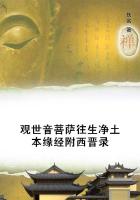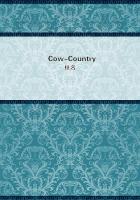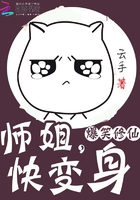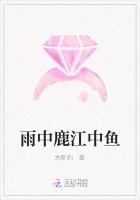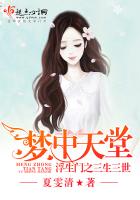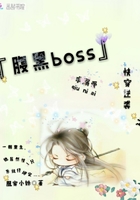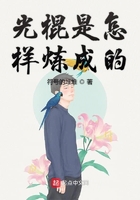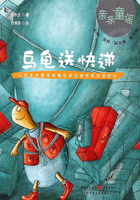Among the emotional types well recognized by the neurologist is that known as the cyclothymic. In the individuals of this group there is a periodicity to mood (rather than to emotions). There is a definitely pathological trend to the cyclothymic, and in its most marked form one sees the recurring depressions and excitement of Manic Depressive Insanity.
Aside from these pathological forms, there are persons who show curious periodic changes in mood. They become depressed for no especial reason, are "blue" for day after day and then quickly return to their normal. Sometimes these blue spells alternate with periods of exaltation and happiness, but in my experience this is far less common than periodic blue spells, a kind of recurrent anhedonia.
L. D. is ordinarily what is known as a vivacious person. Bright, talkative, keen in her discriminations, she has all her life been at the mercy of strange alterations in mood, alterations which come and go without what seems to others adequate reason.
As a child L. D. was sick a great deal. She showed an unusual susceptibility to infection, and it was not until she was nine years of age that she attended school regularly. Her illnesses made it impossible to discipline her, and so she has always been a bit "spoiled," though her kind and generous nature makes her a charming person. But more important than the fact that she could not be disciplined is the lowering of energy that these sicknesses produced, a lowering marked mainly by a liability to fatigue and depression.
Let there come a sickness, and this woman's stock of hopeful mood goes and there results a loss of interest in life, a loss of zest and joyousness.
A digression,--and a return to the theme of the first chapter of this book. The dependence of the mental life on bodily structure, equally true in the both ***es, is exquisitely demonstrated in woman. In many women there occurs an extraordinary increase of *** desire just before the menstrual period and in some to the point where it causes great internal conflict. Others show moderate depression and even confusion at this time, and to the majority of women some mood and thought change is taken for granted. At the menopause mental difficulties to the point of insanity are witnessed, and in some cases the change is permanent. Back of mood is the entire organic life of the organism, and back of the nature of our thoughts and deeds is mood.
A peculiarity of fatigue is remarkably well shown by this person.
When she is tired or convalescent a depressing thought sticks, becomes an obsession, a fixed idea, to the plague of her life.
Thus when she was nursing her first baby the night feedings exhausted her. One night, half asleep and half awake, with the vigorous little animal pulling away at her breast, she watched the pulsing fontanelle on the top of the baby's head, and the thought came to her how dreadfully easy it would be to injure the brain beneath. Her heart pounced in fear, she almost fainted at the thought, and yet it "stuck" and came back to her with each random association. I need not detail how the idea recurred a dozen times a day and brought the fear that she was going insane.
She stopped nursing the baby at night, got a good rest, and the idea disappeared. She was "able to shake off" when rested that which was a hideous obsession when fatigued.
Indeed, one might speak of persons of this type as hypothymic as well as cyclothymic. The hypothymic are those whose stock of courage and hope is easily exhausted, who become easily discouraged. They are borrowers of energy and vigor, they need sturdier folk around them; often they are said to be sensitive, and while this is sometimes true, it is more often the case that they are more affected. That is, two persons may notice the same thing or suffer the same sickness, but the so-called sensitive has a reserve of courage and energy that disappears, whereas the other has enough left in stock so that he does not feel any change.
The extraordinary complexity of human character is well illustrated by C. D. She is hypothymic or cyclothymic to the little affairs of life and to the minor illnesses. Yet when her family fortunes were greatly imperilled by a financial crisis, she stood up against the strain far better than did her husband, a man sturdy and buoyant in most of the affairs of life. His ego was more concerned with financial fortune than was hers, and against this ill she was the philosopher and not he.
We may well contrast L. D. with her husband. He belongs to the sturdy in emotions and morals,--the stable. Dark days and bright days, sickness and health, fatigue and rest seem to impair his courage, hope and general cheerfulness of mood but little. He has a high organic balance and a well-built-up philosophy. I started to say of him that he is an optimist, but this is not true. He is cheerful, but he does not sing, "Tra la la, all the things that are, are good." He says, "There are bad things, but I must carry on and fight the good fight." His is a philosophy of courage and endurance, but not of optimistic twaddle. He is too wide-brained to speak of life as "all good" when he knows of inherited disease, cruelty, preventable poverty, gross neglect and unmerited misfortune. Yet he lends hope and comfort to the afflicted, and he has an unvarying comfort for his cyclothymic mate.
He has built up his ego around a business, one in which there was sunk not only his own fortune but that of a host of friends. When this was so threatened as to seem inevitably lost, his ego was deeply wounded, he lost courage and hope and then needed the strength of his wife. This she gave, and when the tide of affairs turned, his own courage was ready and unimpaired. We are like trees,--the hard, strong, knotty parts of our fiber are distributed in irregular fashion, and he who seems strongest has a weak place somewhere. Attack that, and his resistance, courage and hope disappear.

